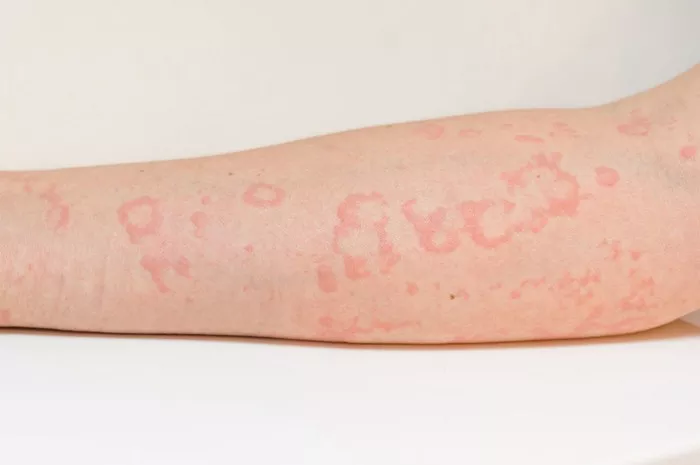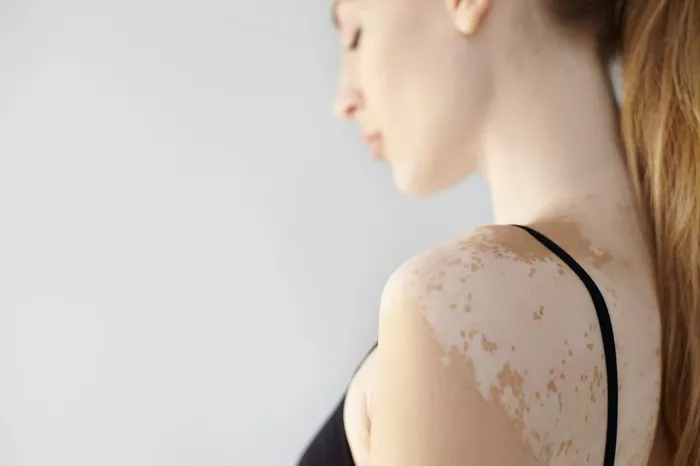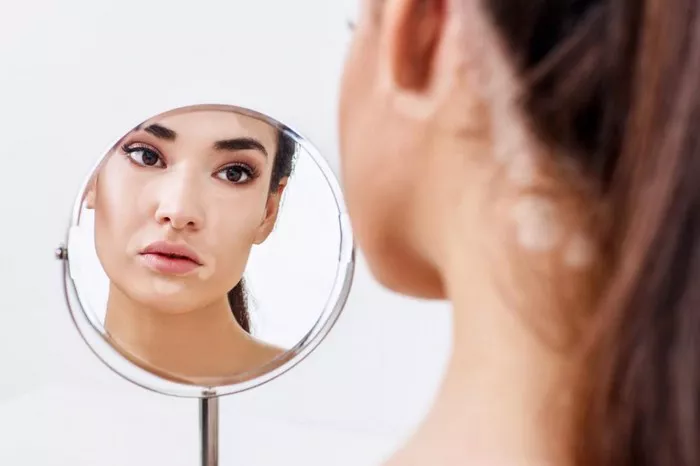Hives, also known as urticaria, are an uncomfortable and often distressing skin condition characterized by red, raised welts or bumps that appear suddenly on the skin. These welts can vary in size and shape and may be accompanied by itching, burning, or stinging sensations. While hives can be triggered by a variety of factors, ranging from allergies to stress, there is one underlying cause that stands out as the most common culprit: allergic reactions.
Allergic reactions occur when the body’s immune system mistakenly identifies a harmless substance, known as an allergen, as a threat. In response to this perceived threat, the immune system releases chemicals such as histamine, which can lead to inflammation and the characteristic symptoms of hives.
The Role of Allergens in Hives
Allergens can be found in a wide range of substances, including foods, medications, insect stings, and environmental factors such as pollen or pet dander. When a person comes into contact with an allergen to which they are sensitive, it can trigger the release of histamine and other chemicals, leading to the development of hives.
One of the most common food allergens associated with hives is peanuts. Peanuts and peanut products can cause severe allergic reactions in some individuals, including the development of hives. Other common food allergens that may trigger hives include shellfish, eggs, milk, soy, and wheat.
In addition to food allergens, medications are another common trigger for allergic reactions and hives. Certain medications, such as antibiotics, nonsteroidal anti-inflammatory drugs (NSAIDs), and blood pressure medications, have been known to cause allergic reactions in some individuals, leading to the development of hives.
Environmental Triggers
In addition to food and medications, environmental factors can also play a significant role in triggering hives. Pollen, animal dander, dust mites, and mold are common environmental allergens that can cause allergic reactions in susceptible individuals. Exposure to these allergens can lead to the development of hives, especially in individuals with underlying allergies or sensitivities.
Insect stings and bites are another potential trigger for hives. When a person is stung or bitten by an insect such as a bee, wasp, or ant, the body may mount an allergic response, leading to the development of hives at the site of the sting or bite.
Physical Triggers
In addition to allergens, certain physical factors can also trigger the development of hives. These include:
1. Pressure:
Pressure-induced hives, also known as dermatographism, occur when the skin is subjected to pressure or friction. For example, tight clothing, belts, or scratching the skin may trigger the development of hives in susceptible individuals.
2. Temperature:
Temperature changes, particularly exposure to extreme cold or heat, can trigger hives in some individuals. This type of hives, known as cold-induced or heat-induced urticaria, typically occurs within minutes of exposure to the triggering temperature.
3. Sunlight:
Sun exposure can also trigger the development of hives in some individuals, a condition known as solar urticaria. This type of hives typically occurs within minutes of exposure to sunlight and may be accompanied by itching, burning, or stinging sensations.
4. Exercise:
Exercise-induced hives, also known as exercise-induced urticaria, occur during or after physical activity. The exact cause of exercise-induced hives is not fully understood, but it is believed to involve increased blood flow to the skin and the release of histamine and other chemicals.
Stress and Emotional Factors
Stress and emotional factors can also play a role in triggering hives in some individuals. Emotional stress, anxiety, and tension can activate the body’s stress response, leading to the release of chemicals such as histamine and the development of hives. Additionally, stress can weaken the immune system, making individuals more susceptible to allergic reactions and hives.
Diagnosis and Treatment
Diagnosing the underlying cause of hives can be challenging, as there are many potential triggers and contributing factors. A thorough medical history, physical examination, and allergy testing may be necessary to identify the specific allergens or triggers responsible for the development of hives.
Treatment for hives typically involves addressing the underlying cause and managing symptoms. This may include avoiding known allergens or triggers, taking antihistamine medications to reduce itching and inflammation, and using topical corticosteroids or other medications to relieve symptoms.
In severe cases of hives or when other treatments are ineffective, oral corticosteroids or other medications that suppress the immune system may be prescribed to control symptoms and prevent recurrence.
Conclusion
While hives can be triggered by a variety of factors, allergic reactions stand out as the most common cause. Allergens, including foods, medications, environmental factors, and insect stings, can trigger the release of histamine and other chemicals, leading to the development of hives. In addition to allergens, physical factors, stress, and emotional factors can also contribute to the development of hives in susceptible individuals.
Understanding the underlying cause of hives is essential for effective management and treatment. By identifying and avoiding known allergens or triggers, individuals can reduce the frequency and severity of hives outbreaks and improve their quality of life. Working closely with a healthcare provider or allergist can help individuals develop a personalized treatment plan to manage their hives and minimize symptoms.


























